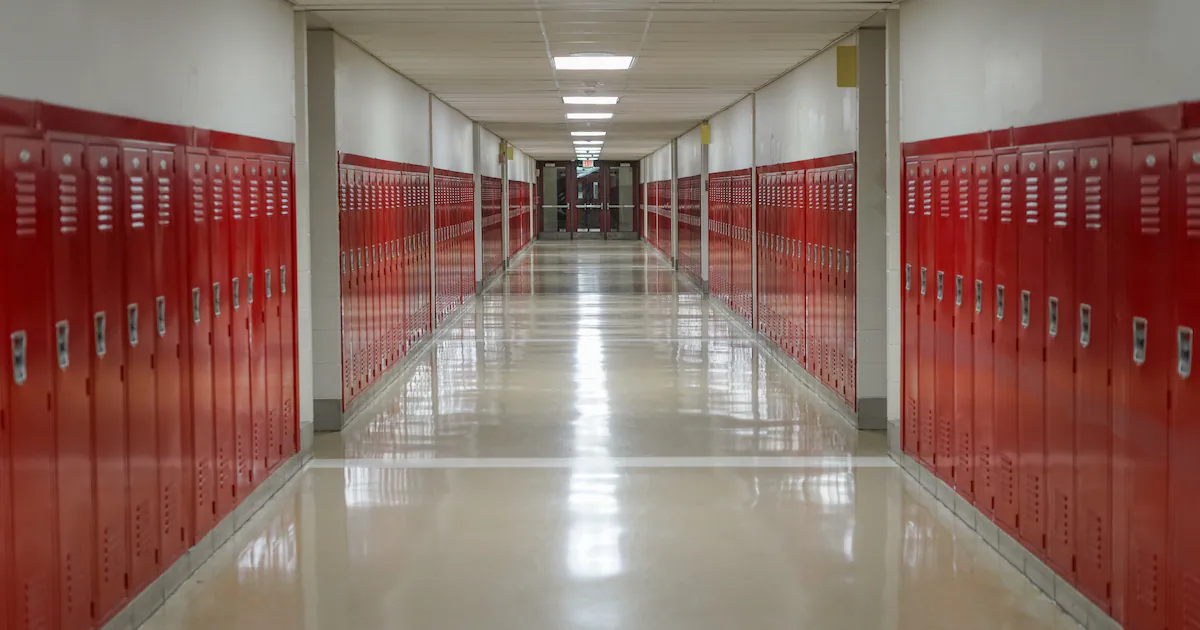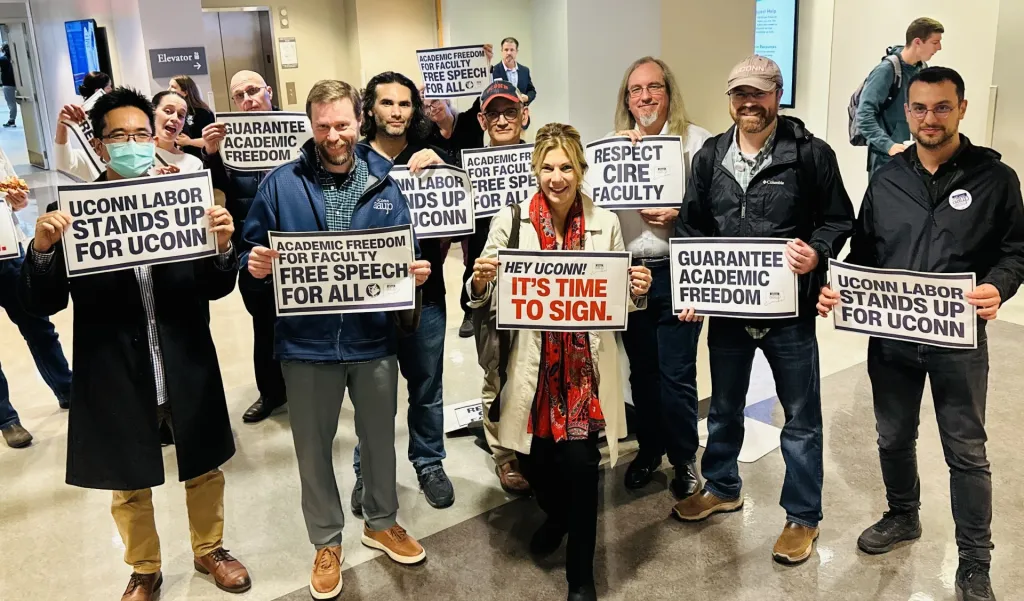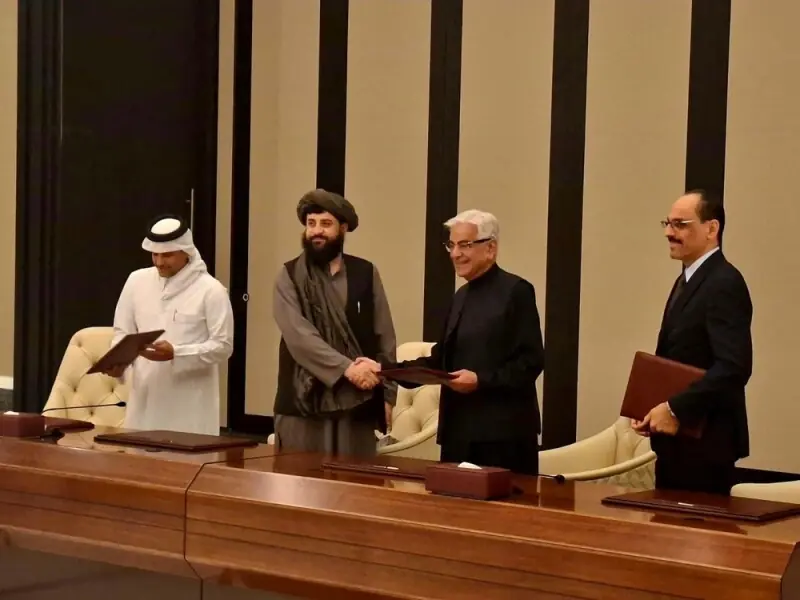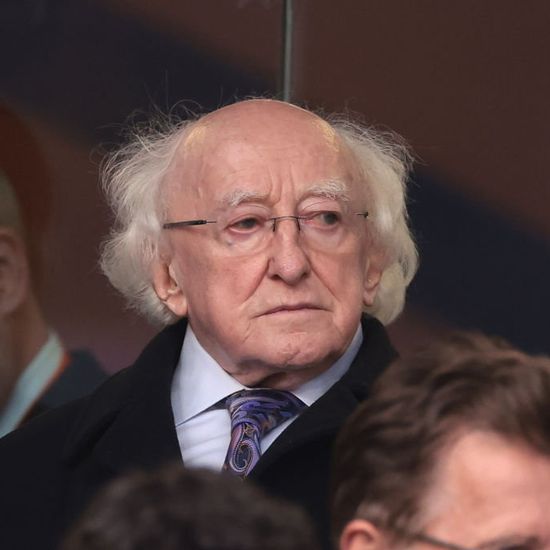Copyright The Boston Globe
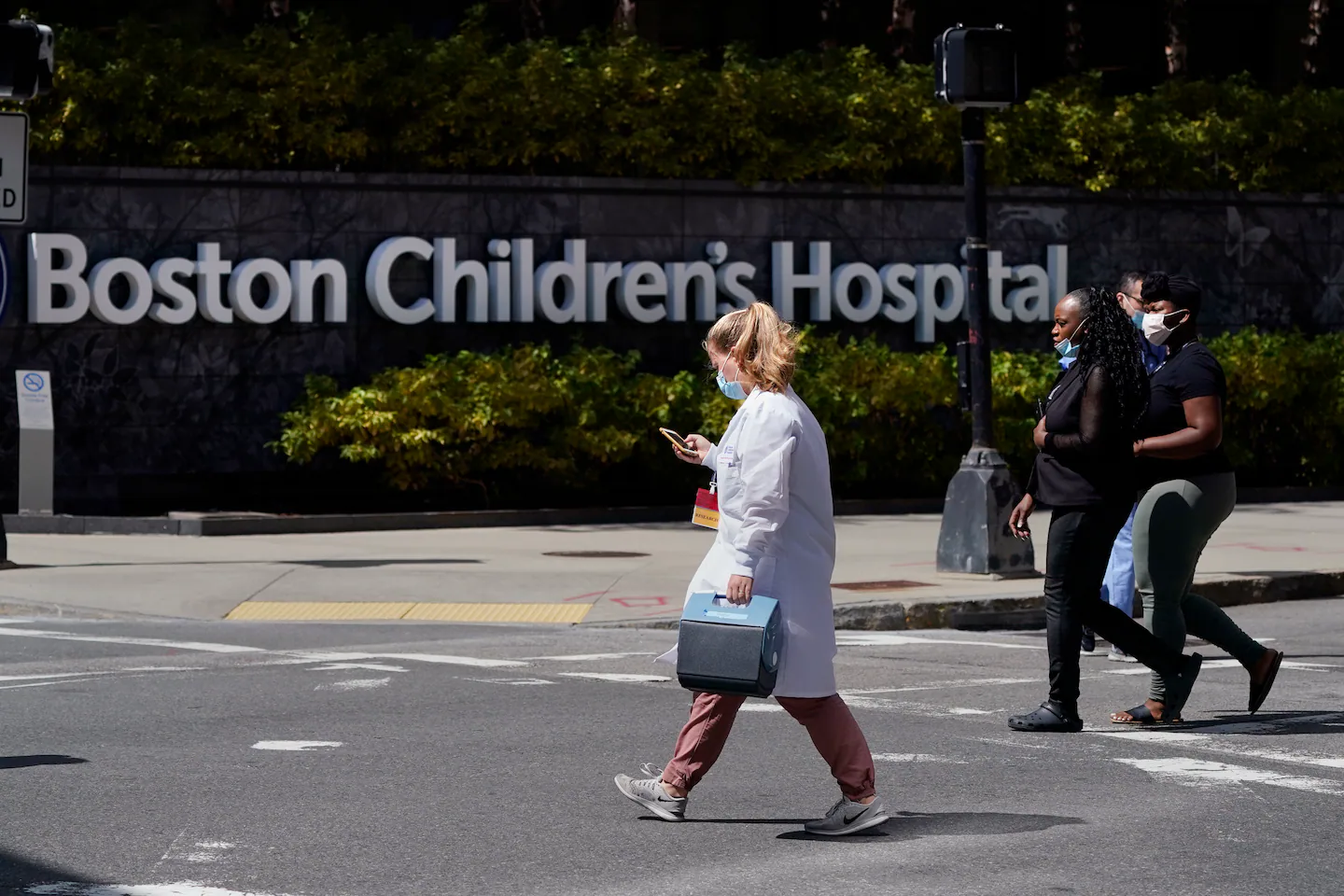
A new study published in JAMA by researchers at Mass General Brigham and The Richard A. and Susan F. Smith Center for Outcomes Research at Beth Israel Deaconess Medical Center found that in fiscal 2024, there were 11,080 physicians, just under 1 percent of all US doctors, sponsored for H-1B visas. Another approximately 1,000 dentists (0.4 percent of all US dentists) use H-1B visas, plus a small number of other health care professionals. (Nurses rarely apply for H1-B visas because other visas are more applicable.) While the numbers aren’t huge, what’s important is the type of work those doctors do and where they do it. The study found that poor counties and rural counties are far more likely to rely on physicians and other clinicians with H-1B visas than wealthy or urban counties. (This is probably partly due to visa policies that let medical residents on a J-1 visa for a medical residency or fellowship transition to an H-1B visa if they work in an underserved area.) The report also cites previous research showing that physicians on H-1B visas are more likely to work in fields with physician shortages, like primary care or psychiatry. “We know domestic physicians and US graduates are less likely to want to practice in those underserved areas where living conditions might be less optimal,” lead author Michael Liu, a resident physician in the Mass General Brigham Department of Medicine, told the Globe editorial board. “These are the same communities that have higher need and higher shortages in the first place. These places rely on H-1B physicians to provide access to high quality care for inhabitants of their community.” While the study is national, Liu provided data showing that the Massachusetts counties with the greatest proportion of physicians sponsored for H-1B visas were Berkshire, Suffolk, and Hampden counties. In Berkshire County, which covers parts of rural Western Massachusetts, and Suffolk County, which includes high-poverty neighborhoods in Boston and Chelsea, the number of physicians sponsored for H-1B visas in 2024 represented around 2.7 percent of all physicians. In Hampden County, it was 2.4 percent. According to US Citizenship and Immigration Services, health care-related employers in Massachusetts who sponsored H-1B visas this year include UMass Chan Medical School, Brigham and Women’s Hospital, Massachusetts General Hospital, Boston Children’s Hospital, and Dana-Farber Cancer Institute. Each sponsored between 140 and 200 employees. The new fee policy, which became effective Sept. 21 and will last for a year with the potential to be extended, will not affect current employees but will affect any new employees hired from outside the country. There are some exemptions, including workers who are changing from a different visa. At UMass Chan Medical School, employees with H-1B visas include post-docs, faculty, residents, and researchers. Chancellor Michael Collins said he estimates that only around six or seven visa-holders a year would be subject to the new fee because of the exemptions. But he said there would be “much more high-level scrutiny” of any new visa application. Collins said until now, the medical school has operated as “a global enterprise.” “America has the finest biomedical research enterprise on the globe, and it’s been recruiting talent from across the globe to keep it in a preeminent place,” Collins said. “Constrictions on that ability to recruit people is another blow to the biomedical research enterprise.” Cardiologist Deeb Salem, senior vice president of academic integration for Tufts Medicine, said if the fee prevents hospitals from hiring foreign doctors, there would be a serious impact on patient care and science. He noted that the United States has previously been accused of causing “brain drain” because top hospitals attract the best physicians from other countries. “Some of the most important and successful people that we brought in were from other countries, and many of them end up staying here, either on the science side of it or on the patient side of it,” Salem said. With the fee hike, Salem said, “We’re missing the opportunity to take some of the best people in the world and bring them here.” A Massachusetts Health and Hospital Association spokesperson estimated that there are nearly 1,000 physicians in Massachusetts working under non-citizen employment authorization, although some are on visas other than H-1Bs. The president and his allies say H-1B visas have been misused to let foreign workers replace American workers. There are certainly reforms needed to prevent abuses, like staffing firms importing workers to fill entry-level jobs at low wages. But if Trump’s policies keep highly skilled physicians or world-class researchers out of the country, it’s hard to see what benefit that has for the United States.
